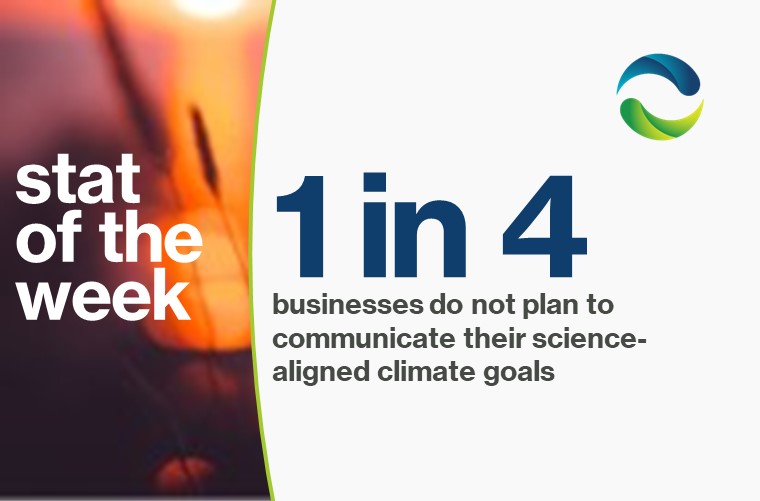March 11, 2024
Last week, the U.S. Securities and Exchange Commission (SEC) adopted watered-down rules on climate disclosure. The regulations – which are set to take effect in 2026 – were originally proposed by SEC chief Gary Gensler in 2022, but the final rules were substantially weakened after the SEC extended the public comment period several times.
In the final ruling, “accelerated filers” – defined by the SEC as companies with publicly traded shares worth $75 million or more – are now required to disclose Scope 1 and 2 emissions. (The EPA defines Scope 1 emissions as direct greenhouse gas emissions that occur from a company’s operations, while Scope 2 are indirect emissions from the purchase of electricity, steam, heat, or cooling.) The rules also require companies to disclose the business risks and costs of natural disasters, including rising temperatures and flooding. Actual and potential material impacts of climate-related risks to a company’s strategy, business model, and financial outlook must also now be disclosed.
However, the original SEC proposal called for large companies to disclose not only emissions from their own operations (Scope 1 and 2), but also emissions from their supply chain – known as Scope 3. The final, adopted rules do not include Scope 3 reporting requirements at all.
Scope 3 emissions can account for more than 70% of a company’s carbon footprint, and the decision to avoid requiring disclosure was met with disapproval from environmentalists. The Sierra Club announced that it would consider legal action against the SEC for arbitrarily removing “key provisions.” One SEC Commissioner said that although she supported the final rules, she called them “the bare minimum.”
The SEC’s decision confirms that the United States will continue to trail the European Union. The EU’s Corporate Sustainability Reporting Directive (CSRD) requires large companies to disclose Scope 3 emissions from next January.
The SEC is also lagging behind the actions of some U.S. states. In October, California passed major climate disclosure laws, requiring certain companies doing business in the state to report Scope 3. (See TCB’s write-up here.) This disconnect has the potential to cause compliance complications for companies subject to laws at U.S. federal and state levels as well as regulations in Europe.
Since the SEC’s March 6th announcement, ten states have filed legal challenges, with the West Virginia attorney general claiming that the rules are an attempt to undermine the energy industry. This opposition is not surprising, based on the legal challenges to California’s proposals in which businesses claimed the laws were unconstitutional.
Gensler’s finalized rules were released well into the final year of President Biden’s term, and given the legal challenges and potential for a Republican victory in the presidential election later this year, the SEC regulation may or may not take effect in its current form on the schedule set forth.
The Climate Board stands ready to guide our members through this complex reporting and disclosure process:
- Analyzing the different requirements of the EU, California and the SEC so our members are on top of which companies are subject to which rules;
- Keeping tabs on sustainability software solutions that can help our members comply with reporting and disclosure for various jurisdictions;
- And watching the legal challenges closely as they make their way through the courts.



